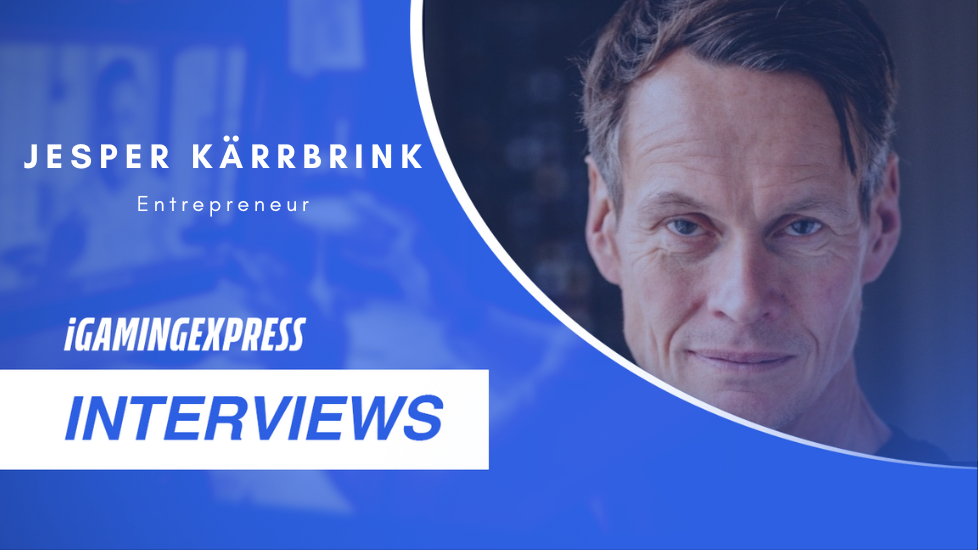“I learned to swim by jumping into the deep end of the pool”
In the interview with iGaming Express, Jesper Kärrbrink, renowned iGaming businessman and former CEO of Svenska Spel, shares thoughts on his career journey, and the future of the iGaming industry.

Recently, you were recognized by iGamingExpress as one of the 100 most influential people in the global iGaming industry. What are your thoughts about this recognition?
I am truly honored and humbled to be recognized as one of the most influential people in the global iGaming industry. This recognition is also a testament to all the amazing people in the industry I have had the opportunity to work with and continue to work with today. There are so many great people in this industry.
Your CV includes a wide range of businesses, but as an experienced representative of the iGaming industry, what made iGaming a recurring focus in your career?
My passion for iGaming comes from the dynamic and innovative nature of the industry but also from the intellectual challenge of balancing growth with the well-known downsides of gambling. You can’t just sell, sell, and sell; you also have to make sure that what you sell doesn’t lead to excessive consumption. Additionally, the industry’s resilience and adaptability in the face of changing regulations and market conditions make it a fascinating field to work in.
Could you tell us about your beginnings and first steps in the gambling industry?
I think you could say that I learned to swim by jumping into the deep end of the pool when I accepted the role of CEO of Svenska Spel without any previous experience in the industry other than as a customer. This was also when online gaming exploded, and every competitor’s target was to take market shares from Svenska Spel. Sometimes, my team and I felt like it was everyone against us. Coming back to the industry after working outside of it for some years to one of the greatest iGaming brands ever, MrGreen, and turning that business around with an amazing group of people was super fun
What are your thoughts on how the gambling and iGaming industries have evolved over the past few years? Is there anything that particularly impresses you?
Perhaps not so much in the last five years. That period has been more focused on the US and consolidation, if you ask me. But looking at a longer horizon, 15-20 years, it’s a totally different industry. On a larger scale, the iGaming industry has evolved from “The Wild West” to a super professional and largely regulated business where many brands are listed as Large-Cap companies on NASDAQ and other markets. As part of this development, the industry’s commitment to responsible gaming and compliance has improved, ensuring a safer environment for players. I am also impressed by how easily the industry adapted to remote working within weeks or even days into the pandemic. Additionally, I admire how early the industry adopted mobile gaming, driven by companies like Leo Vegas and others.
Could you explain your current involvement in the iGaming industry?
Today, my role is more as an advisor and “board professional,” being the chairman of six different companies (not only in the iGaming industry). Among these are the well-known iGaming hosting provider Internet Vikings, the iLottery and iBingo platform and content provider Random State, the affiliate company Just Gamblers plus a board seat in BOS, the Swedish iGaming trade organization. I have also acted as the chairman for the game provider Green Jade Games, which unfortunately we never succeeded with, despite working and trying extremely hard, the Tier 1 aggregator Pariplay, and Danish operator CEGO.
Besides this, I also work as an advisor to Videoslots and CaptainUp.
Do you see a possibility that you might take on a more visible and leading role in the future, such as becoming the CEO of an iGaming business again?
Ha, ha. Yes and no. I’m very happy with the work-life balance I have today, but I definitely have “one more bullet to fire,” and sometimes the itch of being operational again is strong. So yes, if the right challenge comes, a no could quickly turn into a yes.
